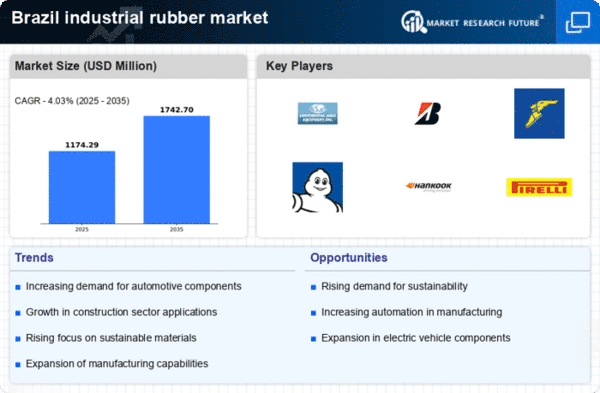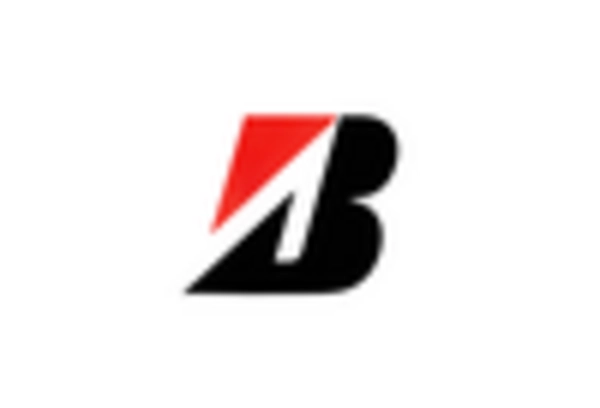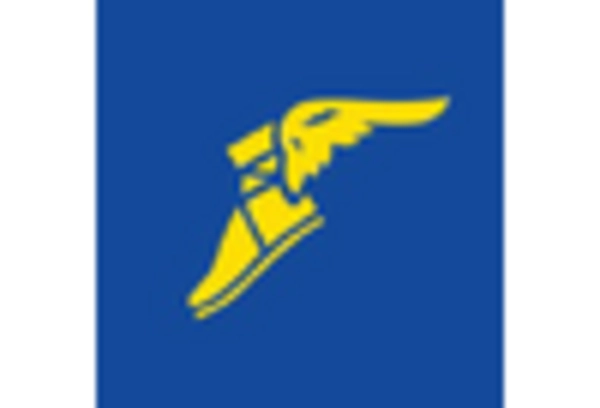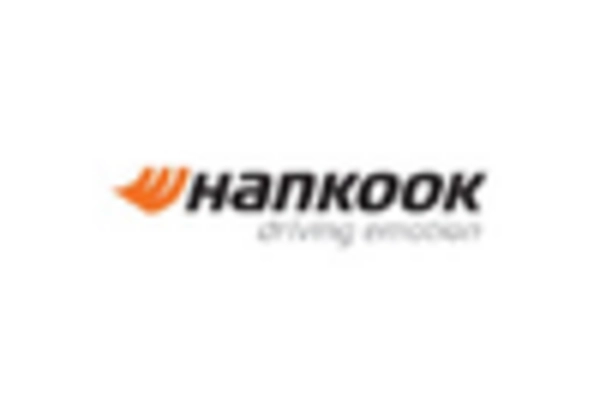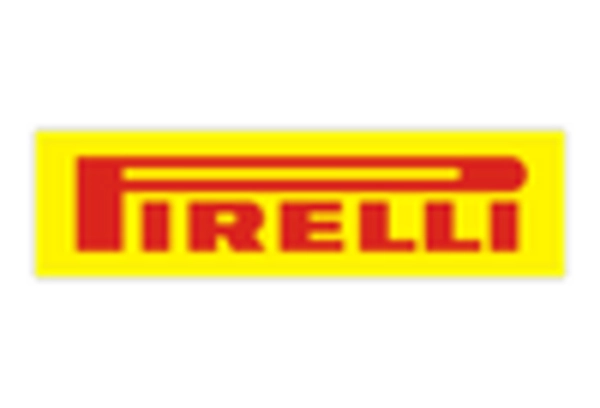Brazil Industrial Rubber Market Summary
As per Market Research Future analysis, the Industrial Rubber market Size was estimated at 1128.8 USD Million in 2024. The industrial rubber market is projected to grow from 1174.29 USD Million in 2025 to 1742.7 USD Million by 2035, exhibiting a compound annual growth rate (CAGR) of 4.0% during the forecast period 2025 - 2035
Key Market Trends & Highlights
The Brazil industrial rubber market is experiencing a dynamic shift driven by sustainability and technological advancements.
- Sustainability initiatives are increasingly shaping the Brazil industrial rubber market, reflecting a broader global trend.
- The automotive sector remains the largest segment, with rising demand for rubber components driving market growth.
- Technological advancements are fostering innovation, particularly in manufacturing processes, enhancing efficiency and product quality.
- Growth in construction activities and an increased focus on renewable energy are key drivers propelling the market forward.
Market Size & Forecast
| 2024 Market Size | 1128.8 (USD Million) |
| 2035 Market Size | 1742.7 (USD Million) |
| CAGR (2025 - 2035) | 4.03% |
Major Players
Continental AG (DE), Bridgestone Corporation (JP), Goodyear Tire & Rubber Company (US), Michelin (FR), Hankook Tire (KR), Pirelli & C. S.p.A. (IT), Sumitomo Rubber Industries (JP), Trelleborg AB (SE), Kraton Corporation (US)


